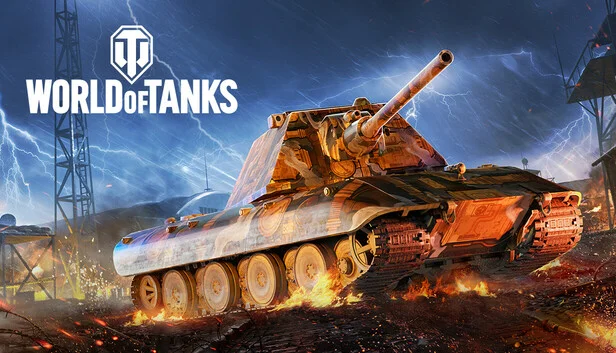
World of Tanks Splinter Studio Seized by Russia Over Alleged Ukraine Support
Russian authorities confiscated the property and business of an offshoot of the World of Tanks video game studio. World of Tanks, developed by Wargaming.net, is one of the largest online multiplayer games in the world. The conflict, which is reportedly tied to accusations that the company’s studio was supporting Ukraine in the war, signals a dawning culture clash between politics and the gaming industry. This analysis reflects on the incident in detail, providing verified context, assessing the allegations made, and possible consequences for the technology and gaming industry regarding the geopolitical dynamics.
Context
Wargaming.net, originally founded in Belarus in 1998 and later relocated to Cyprus, is the publisher of World of Tanks, a military style video game with millions of players worldwide. As a company, Wargaming operated in both Russia and Belarus in 2022, closely following the invasion of Ukraine by Russia. As part of their exit, Wargaming transferred all live operations in both territories to a newly formed company in Lesta Studio; Lesta Studio became an independent entity and continued their localized versions of Wargaming titles.
Nevertheless, smaller offshoots of the studio reportedly formed in Russia, by either former personnel or as subcontractors. Russian officials, stated one of the splinter studios was conducting game development while allegedly providing “money or information” support for Ukraine.
Russian government media blamed Wargaming for the same redirecting of resources or communications that would benefit Ukrainian causes, a criticism vigorously refuted by the studio and unverified by independent probes. The Federal Security Service of the Russian government raided the office of the studio and seized all assets, prompting alarm from global observers and game developers.
The main claim that the studio actively supported the war effort of Ukraine remains largely unproven. No financial document, digital evidence, or employee account of what would validate the claim has been presented. It therefore puts into question why the company would take over the studio. This action might be more symbolic or vengeful in nature than fact-driven, according to some analysts.
Given the previous actions of the Russian government against media, tech companies, and NGOs labeled as “undesirable” or “foreign agents,” this seizure may be in line with a broader state control of narratives, especially in the context of an extended war with Ukraine.
Implication
This event has lasting significance for the video game sector, especially for developers situated in authoritarian nations. The seizure emphasizes the risks of even maintaining an operational footprint in Russia, if even indirectly. Developers and publishers may now reconsider hiring outside development teams and working with former Russian teams with any past association.
From a societal angle, this incident highlights how gaming, traditionally seen simply as a leisure activity, can become embroiled in geopolitical conflict. Russian gamers may find it more difficult to access or see the development of international titles, as this country is increasingly isolating itself, and developers may be facing pressure to take political positions.
Beyond that, this move also demonstrates to industries, and especially to industries involved in digital, creative, or other areas, that aspirations of political neutrality have become less of a defence against state action in Russia.
Certain Russian pro-government commentators are even depicting the seizure as a rightful act of national security. They argue that even innocent online activities can hide intelligence activity or charity work.
Their independent experts and digital rights activists, however, are wary of the lack of transparency. They note that there has been no judicial oversight or public evidence, implying that the studio was seized due to its resistance or connection to Western networks.
The Russian government’s seizure of a World of Tanks splinter studio shows how the borders between virtual entertainment and international politics are becoming more and more interconnected. Though the evidence against reported Ukraine support is still in the realm of circumstantiality, the greater narrative is one of growing suspicion and risk for global and formerly affiliated companies located near zones of conflict or dictatorial governments.
As geopolitical tensions rise, developers and digital creators operate in a landscape where even neutrality may no longer provide safety. This case study emphasizes the need for international standards with respect to digital sovereignty, corporate duty of care, and protecting creative industries in contested political space.
Keep reading khiladicafe